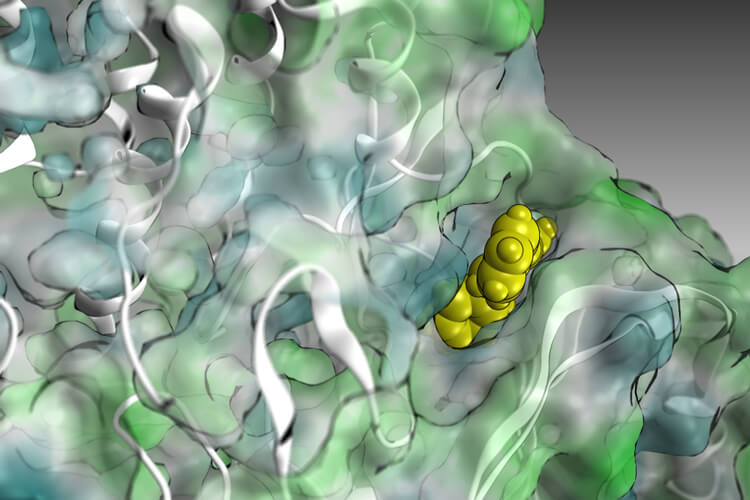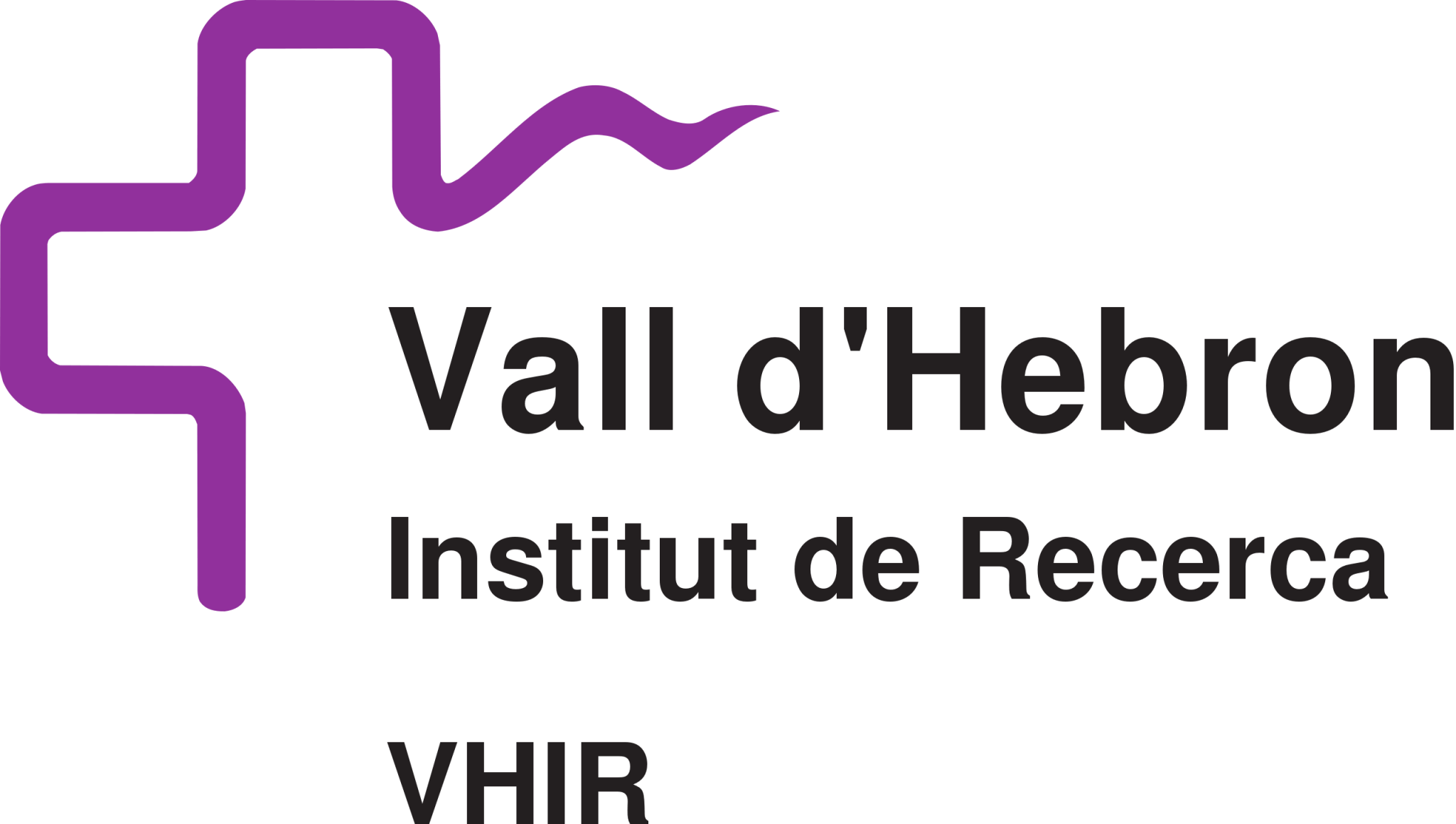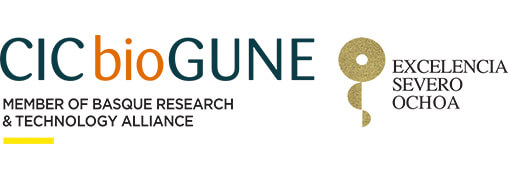New MNK Inhibitor Against Resistance to Cancer Therapies

The MnkImmunOnco project – “Overcoming therapy resistance and immune evasion with a novel MKN inhibitor“ – is one of the projects funded within the call for collaborative projects of the Complementary Plan for Biotechnology Applied to Health – Next Generation.
It is a multidisciplinary project that is coordinated by Dr Santiago Ramón y Cajal and Dr Stefan Hümmer of the Vall d’Hebron University Hospital Foundation Research Institute (VHIR), in which Dr José I. Borrell, researcher with the Pharmaceutical Chemistry Group (GQF) at IQS, and the CICbioGUNE centre in the Basque Country are also participating. It aims to approach the clinical phases of developing a new MNK inhibitor as an agent to improve the response in cancer therapies.
Resistance to therapy remains one of the greatest obstacles to be overcome in cancer treatments. Immunotherapy has opened a new avenue in the field of oncology, but it is only effective in a small fraction of patients. Therapy resistance and immune evasion are fundamentally dependent on the activation of stress response pathways, which activate MNK1/2 kinases. These kinases exclusively regulate eIF4E, a protein responsible for starting the synthesis of the other proteins responsible for cell growth and proliferation, which has been described in recent years as an independent prognostic factor associated with malignant cell progression and the development of resistance. This protein is very abundant in patients with different types of cancer such as ovarian, breast, lung, bladder, and prostate.
IQS and VHIR have a long-standing collaboration in researching the increased efficacy of immunotherapies based on MNK kinase inhibition for cancer treatments. Derived from this collaboration, the group of VHIR and IQS researchers have found a candidate, EB1, as the first MNK inhibitor that has demonstrated a superior mode of action for in vitro breast cancer models. Studies support the use of EB1 as a new strategy to increase the efficacy of conventional immunotherapies.
Related publication: Elisabeth Bou et al, Overcoming Paradoxical Kinase Priming by a Novel MNK1 Inhibitor, J. Med. Chem. 2022, 65, 8, 6070–6087.
https://doi.org/10.1021/acs.jmedchem.1c01941
These researchers are currently working together on the MnkImmunOnco project, which focuses on the application of EB1 for in vivo mouse models and preclinical studies under GMP standards.
The VHIR group will be responsible for the biological aspects (proof of concept in animals), while the CIC Biogune centre group will be in charge of the research derived from the immunological part.
Contributions from IQS
For its part, the group of researchers from the IQS GQF will be responsible for research areas related to:
- The optimization and/or modification of the synthesis of the candidate so it can be obtained as quickly as possible with the best performance, minimize the impurity profile, and leave the synthesis ready to be carried out under GMP conditions without modifying the synthetic method and without altering the impurity profile.
- The production of the product batches necessary to carry out biological tests.
- Obtaining all pharmacokinetic parameters from blood samples of mice treated with EB1.
This project is co-financed by the Government of Catalonia and the Ministry of Science and Innovation with funds from the European Union NextGeneration EU, within the Recovery, Transformation, and Resilience Plan (PRTR-C17.I1). Complementary Plan for Biotechnology Applied to Health.
RELATED PEOPLE:
RESEARCH GROUP
Pharmaceutical Chemistry Group
RELATED PROJECTS
MNK inhibitor (Overcoming therapy resistance and immune evasion with a novel MNK inhibitor)






